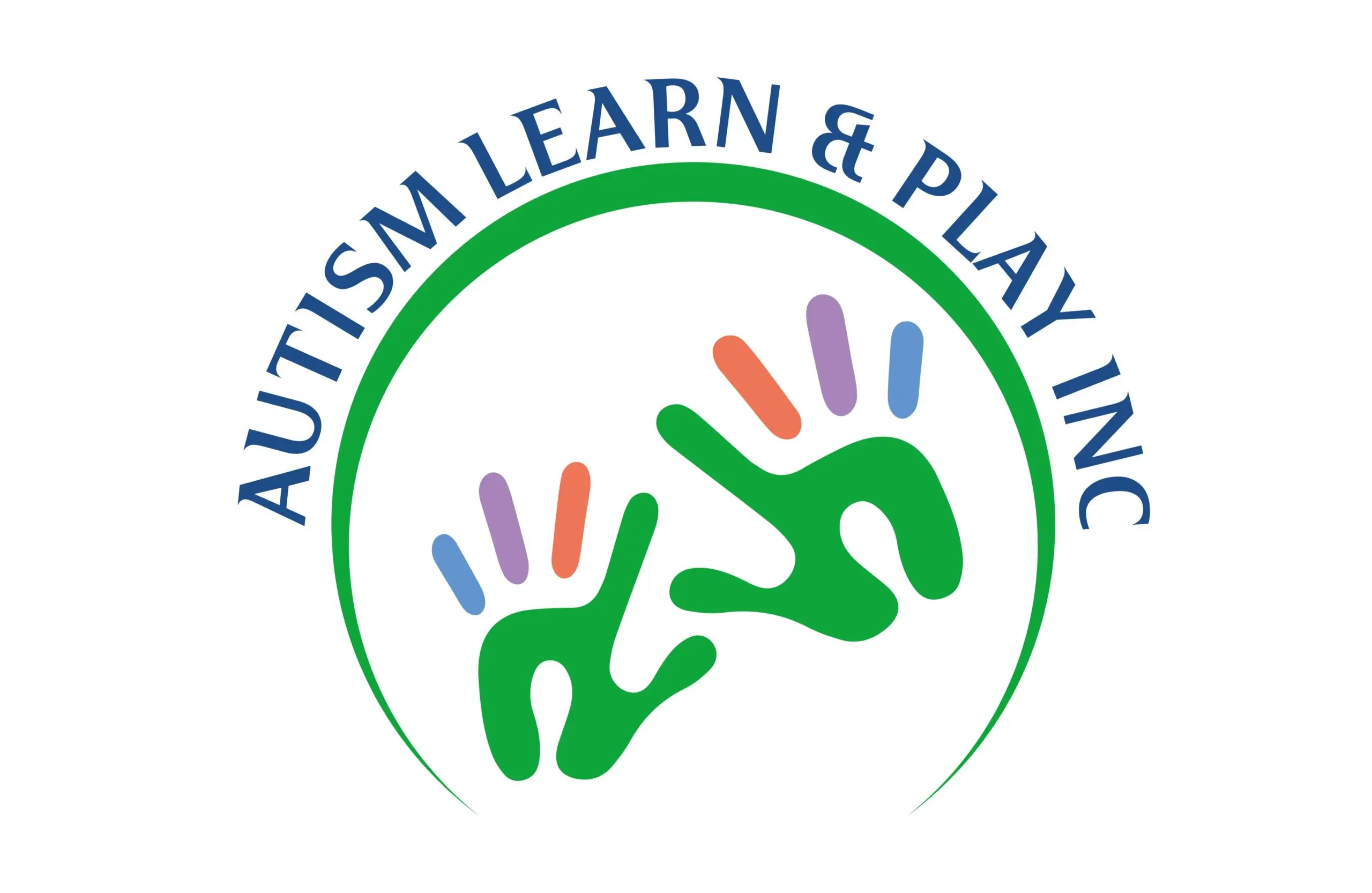Parenting a toddler is full of surprises. One day they are babbling nonstop. The next, they are silently lining up toys, barely noticing the world around them. And it can feel confusing. Some differences are completely normal. But others might hint at something more.
Understanding the early signs of autism helps parents notice patterns, not panic. It is not about labeling your child; it is about understanding them. Early awareness gives families a head start. It opens up doors to support, therapy, and experiences that build confidence.
The following guide will elaborate on autism symptoms in children, point out autism warning signs, and provide practical advice to parents. This is a friendly, straightforward, and warm article, as parenting can be overwhelming at times. You are not alone.
What are the Early Signs of Autism?
Autism Spectrum Disorder is a condition that affects how a child communicates, interacts with others, and responds to their surroundings. According to the CDC, about 1 in 36 children in the United States is diagnosed with autism. That might sound alarming. But knowing what to look for early can make a huge difference.
Some behaviors are subtle. Others are much easier to catch. The key is noticing patterns—not single actions.
You may notice that your toddler avoids eye contact. They may appear lost in their own world, not even responding when you call their name. Some children repeat certain movements. Rocking, hand-flapping, or lining up objects precisely may seem unusual. These behaviors usually bring about comfort and predictability.
Speech delays are common too. Some toddlers babble very little. Others struggle to combine words by age two. Limited gestures, such as pointing or waving may also appear. Sometimes, toddlers lose skills they had before. These changes can feel sudden, confusing, or even worrying.
Emotional responses may be strong. A small disruption in routine—a different cup, a later bedtime, or another route to the park—may be enough to provoke anger or tears. Sensory sensitivities are common. Very loud noises, bright lights, or even certain textures may overstimulate your child when others barely notice them.
Signs Parents Often Notice
- Have very limited eye contact and social engagement
- Only very few times do they respond to their name
- Speech is delayed, and they may have some unusual gestures
- Being very strongly dependent on the routine or their favorite object
- Repetitive behaviors, such as rocking or hand-flapping
- Excessive and very strong reactions to sensory experiences
Observe patterns over time. One behavior doesn’t mean autism. But ongoing differences in communication, social interaction, or behavior may need professional advice. Catching these autism warning signs early gives your child the best chance to thrive.
Why Early Detection Matters
Spotting signs early can shape a child’s development. Kids who start support before age three often make the most progress in communication, social skills, and daily living. Early intervention really makes a difference.
Programs like Autism Learn & Play focus on play-based learning. Play is not just fun; it is a method of teaching communication, social interaction, and emotional regulation. At this point, when therapy feels like play, children naturally engage in building skills without stress or pressure.
Early recognition of autism in toddlers enables families to access these resources at a time when they can be most effective. It is an empowerment both for the child and the parents.
How Parents Can Support Their Toddlers
- Observe first: Keep a simple journal of milestones, behaviors and reactions. The tiniest details are important. How does your child react to a new toy? To a new sound? To a change in routine?
- Professional guidance is important: Pediatricians, developmental specialists, and therapists help identify which behaviors are normal and when early intervention might be of benefit. Early intervention instills confidence, reinforces acquired skills, and fosters independence.
- Play and daily routines are potent tools: Singing, reading, cooking together, or taking a walk are more than activities; they are opportunities to build language, social skills, and curiosity. In every small interaction lies an opportunity to learn.
- Support yourself, too: Parenting a child with developmental differences is hard. Support groups and communities help. You are not alone. Asking for help is strong.
Your support can turn small steps into lifelong victories for children and families.
How Autism Learn & Play Can Help
Autism Learn & Play offers individual programs to nurture communication, social, and life skills in children. Its services comprise:
- Speech and language therapy
- Occupational therapy
- ABA therapy
- Music, art, and animal-assisted therapy
- Social clubs and community activities
Parents are informed and supported emotionally along with the child. The objective is for the entire family to flourish, not just the child. Programs are structured in such a way that learning should feel very natural, non-threatening, and playful.
Final Thoughts
It may be overwhelming to notice the early signs of autism. All children develop at their own rate. Small differences are usually normal. Catching a few variations is not a diagnosis. It is an opportunity to learn more about your child. Early observation and professional guidance enable you to give a caring response. Recognizing autism warning signs can open the door to supporting communication, social skills, and independence in your child.
The core elements of Autism awareness for parents are to notice patterns, celebrate strengths, and access resources. Early attention can make a real difference in the child’s growth, confidence, and happiness.
